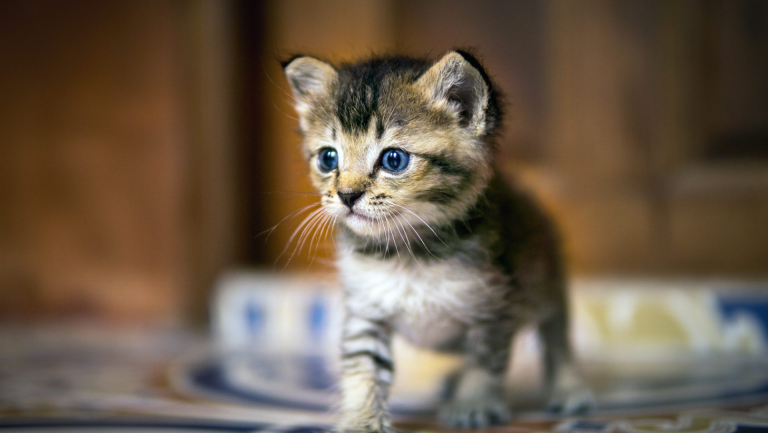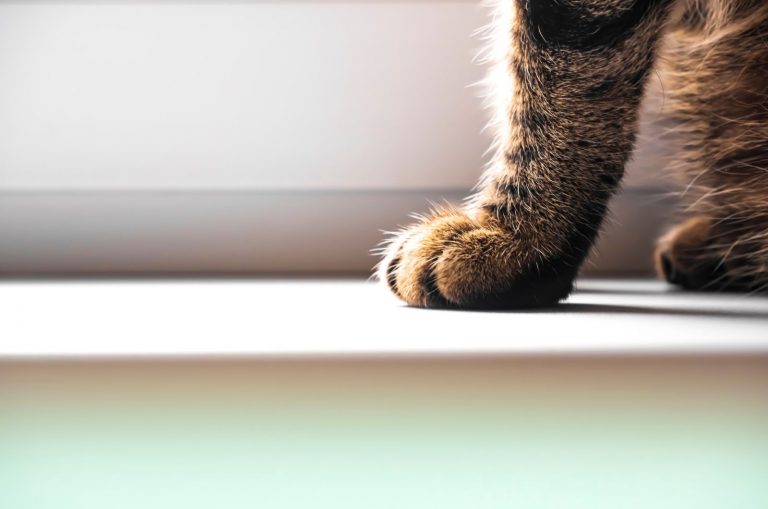How Long Does A Cat Hold A Grudge? How’s Your Cat’s Memory?
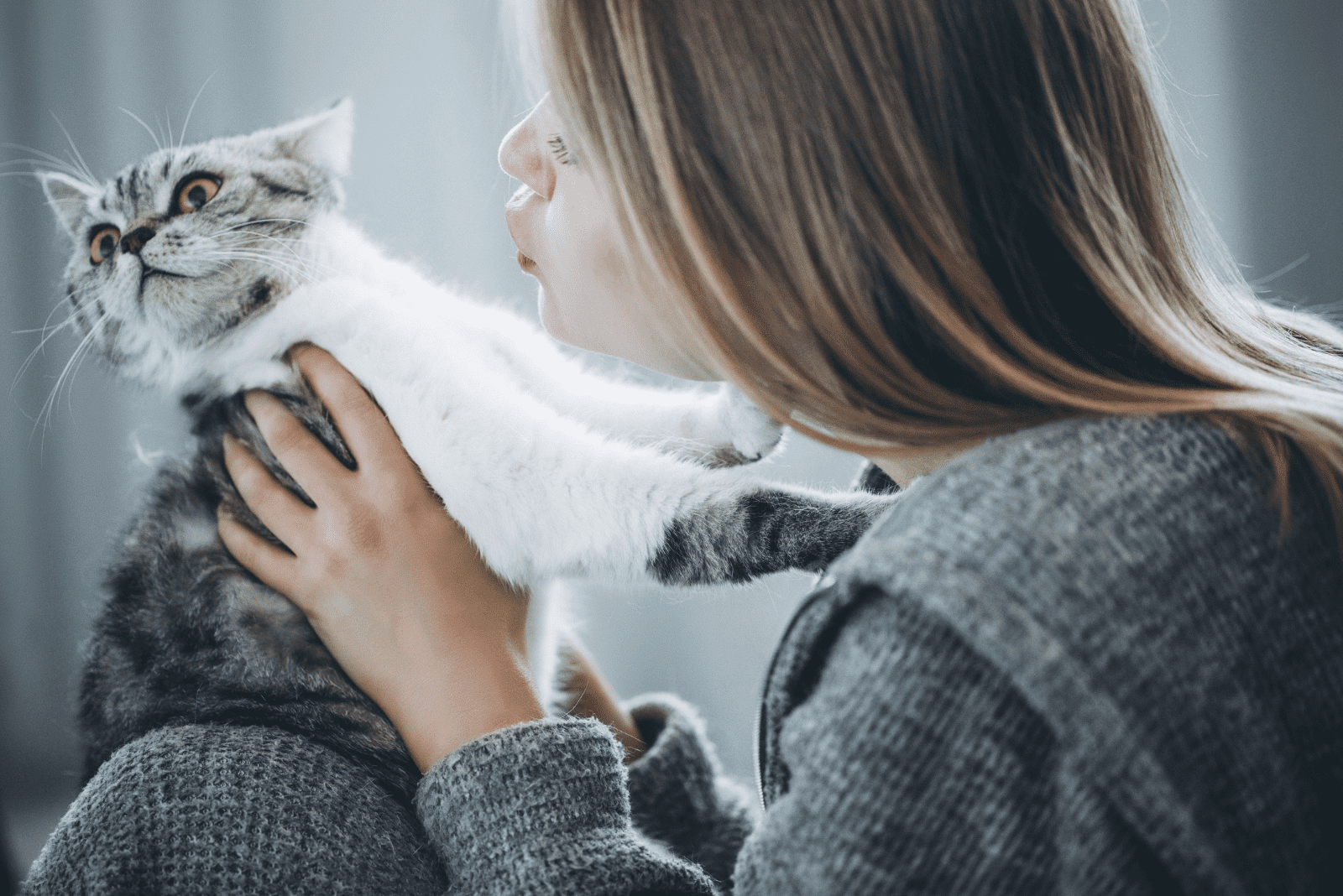
Cats communicate through body language; they purr when something feels right, but they scratch us if we touch their belly or paw pads.
If you notice your pet exhibiting some behavioral problems, always contact your vet and/or a professional behaviorist. It can be quite difficult to draw conclusions about a cat’s memory span and whether cats are able to remember traumatic events.
Researchers believe that cats have both short- and long-term memory, but determining the exact duration of their memory is difficult.
For example, a simple Google search may turn up publications claiming that cats can recall an event for up to 16 hours. However, no scientific investigation has been conducted to support this notion.
Nevertheless, it seems that the cat’s short-term memory ranges up to 30 seconds, while its long-term memory can last a lot longer. So, how long does a cat hold a grudge, or do they even hold a grudge at all?
Do Cats Hold Grudges, And For How Long Does A Cat Hold A Grudge?

Sometimes you might trip over your cat, or step on its tail, and then you feel like it’s been holding a grudge and resenting you for the trauma! Is that really the case? Can cats hold a grudge like we humans can?
Holding a grudge means holding onto anger or some kind of resentment. When it comes to cats, it isn’t very likely that they will hold a grudge. It’s a cat’s instinct to ‘forgive’ their humans, simply because of self-preservation.
Think of it this way – you’re the one who provides the cuddles, playtime, and mealtime, so they better love you!
Sometimes we feel like our cats are judging us, but they might simply be in a playful mood or resting with a look that looks judgy to us. Sometimes we project how we think our cats are feeling onto them.
If perhaps you’ve stepped on your cat’s tail, and it gives you the cold shoulder the following day, it probably just means that it doesn’t want to get stepped on again, rather than having feelings of resentment toward you.
A cat appearing to hold a grudge is more likely to be caused by anxiety than by feelings of anger.
How Long Does A Cat Hold A Grudge?
Many studies believe that kittens have a poor memory, particularly in comparison to older cats. Kittens are unlikely to hold grudges because they forget things a lot faster.
According to some studies from the University of Michigan, a cat’s memory can last up to sixteen hours. Cats cannot hold grudges, but they may feel other emotions like joy or sorrow.
Pay attention to a cat’s actions if you see it acting suspiciously. Some cats prefer to be alone when they are depressed. A cat choosing to play or sit alone does not mean that they dislike you. They will resume their normal routines after some time has passed.
How To Know If Your Cat’s Angry With You
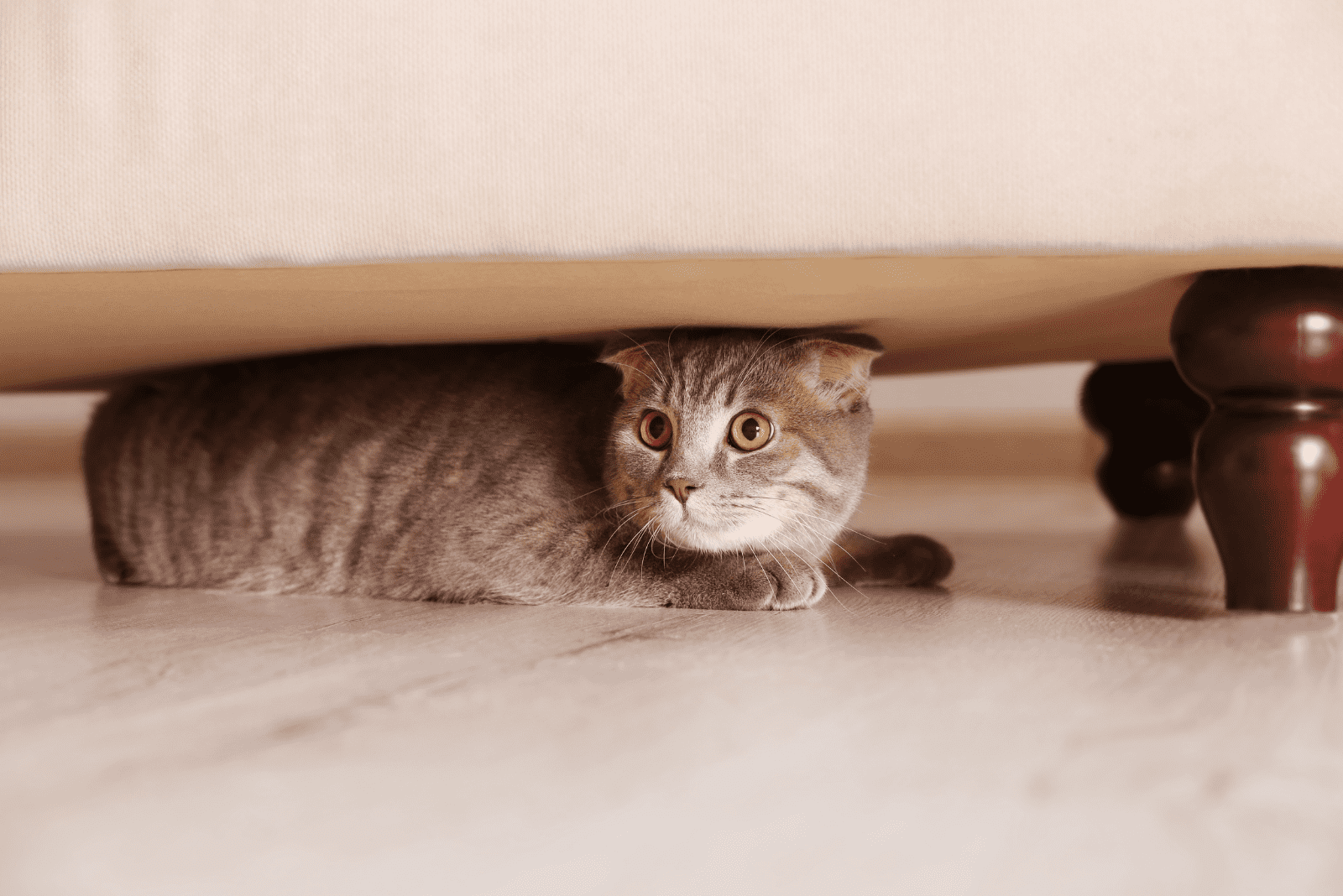
Cats can be unwilling to spend time with you, and they may show this in many different ways. However, assuming that your cat is angry or mad at you is probably incorrect.
Can it be that your cat is angry with you because you stepped on its tail, or you stopped him/her from getting out the door or is your cat just avoiding any unpleasant interaction with you?
Some signs which indicate your cat is avoiding you include:
• Your cat hiding away from you
• Your cat walks away from you when you try to pet it
• Your cat growls at you
• Your cat avoids being petted
• Your cat avoids eye contact with you
• Your cat holds back its ears
• Your cat’s twitching the end of its tail
• Your cat doesn’t want to eat
While these indications may not always signify rage, they do suggest a negative mood. If you have had a poor relationship with your feline friend, the above indications may suggest that your cat is not at ease in your presence.
Cats can get angry, but angry cats exhibit those emotions for different reasons, like pain, fear, or anxiety. It isn’t likely that your cat will get angry because of something you did. It will feel fearful or become cautious, but it won’t be angry.
Cat owners frequently ascribe anger or contempt to cats who urinate on their clothes or valuables, but that would mean that cats are capable of plotting an act of revenge, which is frankly absurd.
There is currently no evidence to imply that these acts are malicious. Peeing over the litter box can be caused by a variety of medical or behavioral issues, and it can occur on a range of surfaces.
Even when a cat’s improper urination is behavioral, it is likely to be driven by anxiety rather than anger.
How To Apologize To Your Cat
If your cat is ignoring you, it’s normal to want to make things better and mend your connection and re-establish a friendly relationship with your cat.
Avoid forcing cuddle time, even though you may feel that your usual cuddle session will make everything better. However, it might just worsen things. Instead, you can subtly encourage your cat to be around you.
For example, when you feed your cat, stay near its cat food and that might motivate your cat to come to you without you forcing it.
If your cat has a favorite toy or a cushion, put it beside you, and it might motivate the cat to lie there and snuggle with you. You can also use interactive toys, which may entice the cat to come to you.
You should also avoid calling your cat and constantly following it around. It’s better to stay cool for a while and let your cat have its privacy. When some time has passed, without any anxious situations, your cat will be back in your lap.
However, if your cat’s behavior continues to be unusual, you should contact your vet and check that there are no underlying health issues.
Your Cat’s Memory
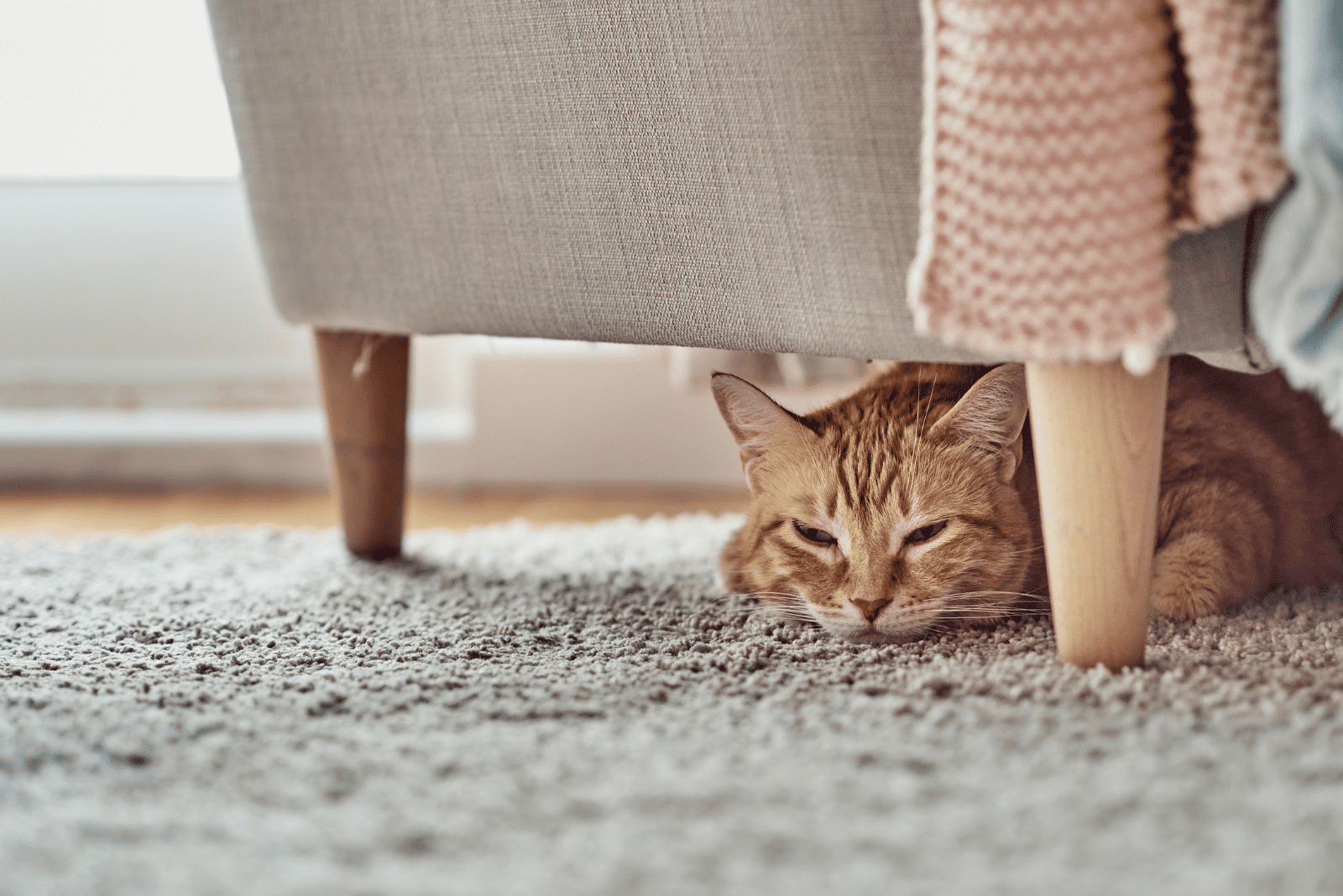
Every cat owner can probably recall an instance that supports the notion that cats remember traumatic situations. For example, cats that have been chased by a dog will probably be afraid of dogs for the rest of their lives.
Cats who have been sprayed with a spray bottle will probably flee and hide away when they see a spray bottle again.
In contrast, cats who have had repeated favorable interactions with people, dogs, and other felines while they are young, on the other hand, are more inclined to approach anyone.
Cat’s brains are similar to ours when it comes to memory; they have two forms of memory: long-term memory and working memory.
About Long-Term Memory
Long-term memory refers to a person’s ability to recall past experiences, events, and knowledge about specific situations.
The results of the study on cats and their long-term memory are still unclear. Most web pages will inform you that felines have a 15-hour long-term memory, despite contentious studies from 1964.
According to some recent studies, cats’ memories can last anywhere from four hours up to two days. That is a wide range, suggesting that numerous factors influence a cat’s long-term memory.
Furthermore, long-term memory in cats varies widely depending on their age, breed, and surroundings.
Working Memory
Working memory is the quantity of information that someone can recall at any given time. Several studies have shown that working memory isn’t the strongest point of cats.
In such experiments, cats are given a toy and instructed to select it from a selection of toys. If there is more than a half-minute pause between the selection phase and the display of the cat toy, the cat will most likely forget which toy was presented.
Most cats fail to recollect the toy in this situation, suggesting that they lack a good working memory.
Final Words
All in all, the question of how long do cats hold a grudge isn’t really relevant since cats aren’t capable of resentful emotions in the same way as humans.
Cats normally forget quite quickly, but if they’re ignoring you, they’re probably worried or just trying to shield themselves and avoid something bad from happening again.
Cats connect their owners and items with either pleasant or bad experiences. As a result, depending on how you’ve dealt with them, they’ll either come to you or ignore you. So the question of how long does a cat hold a grudge can’t really be answered since cats are unable to hold grudges.
The best way to explain it is to say that cats cannot hold grudges, but they do remember certain events. It is an instinctive act to avoid certain situations, and in some cases, to avoid their owners for a while.
Always remember that any behavior change that continues for a long period of time, should be discussed with your vet. All pet owners have experienced their cat ignoring them for one reason or the other, but if it doesn’t stop after some time, it should be investigated.
It’s always best to be safe and talk to your vet than to miss something more severe going on with your cat.
Related Articles:
• 6 Cat Sitting Positions Meaning + Other Cat Poses
• Why Is My Cat Chuffing? 5 Possible Reasons Explained
• Warning Signs When Introducing Cats And How To Do It Properly!





